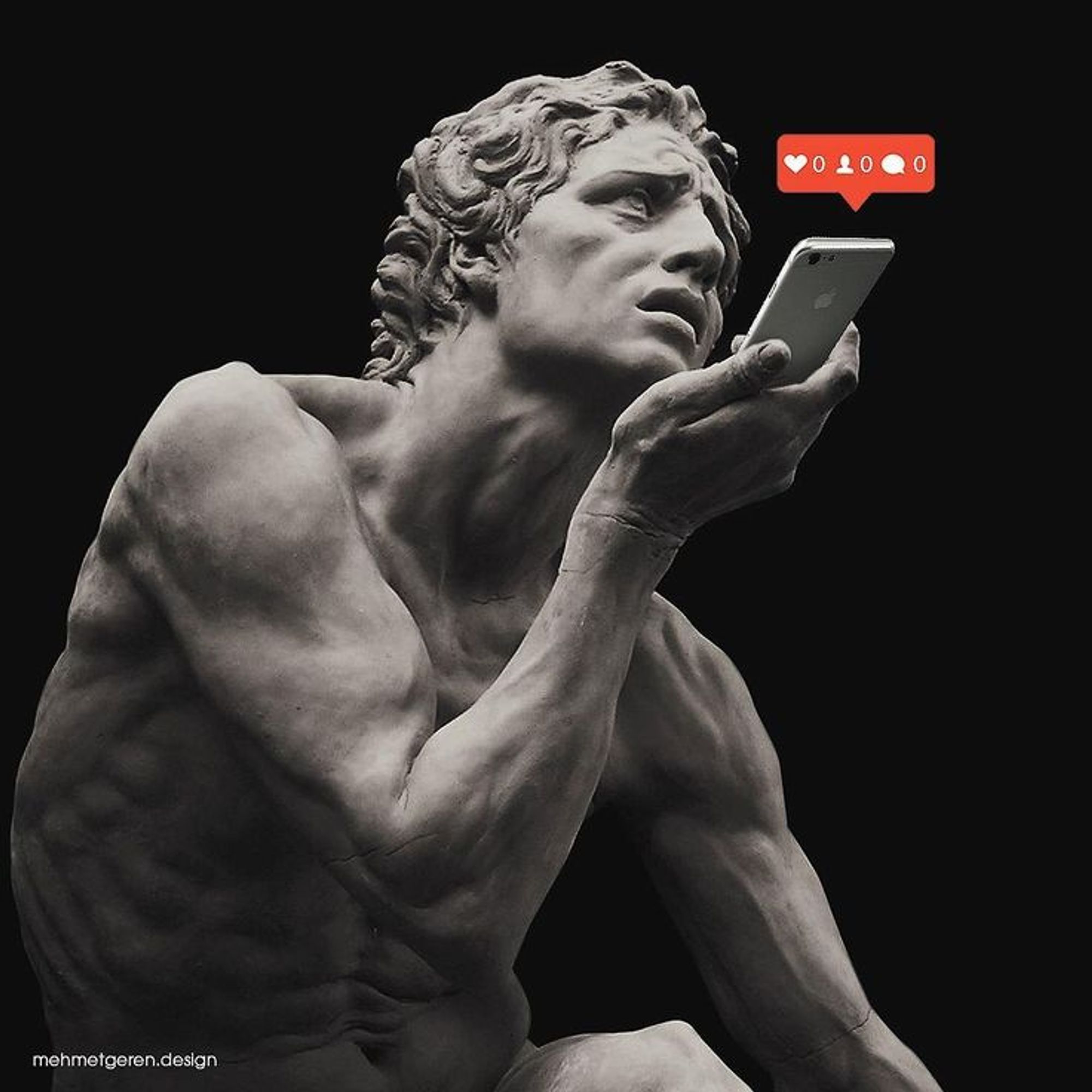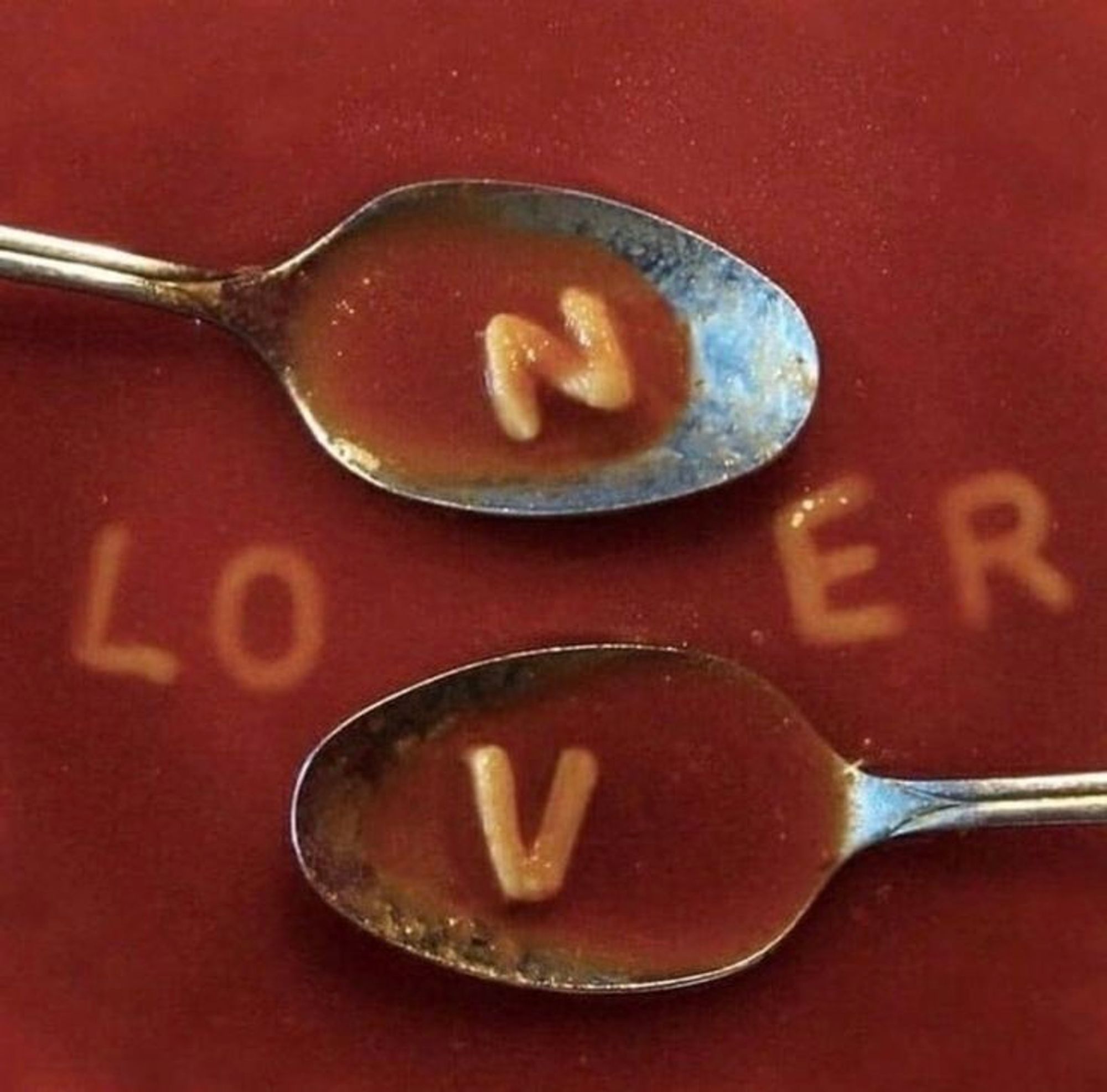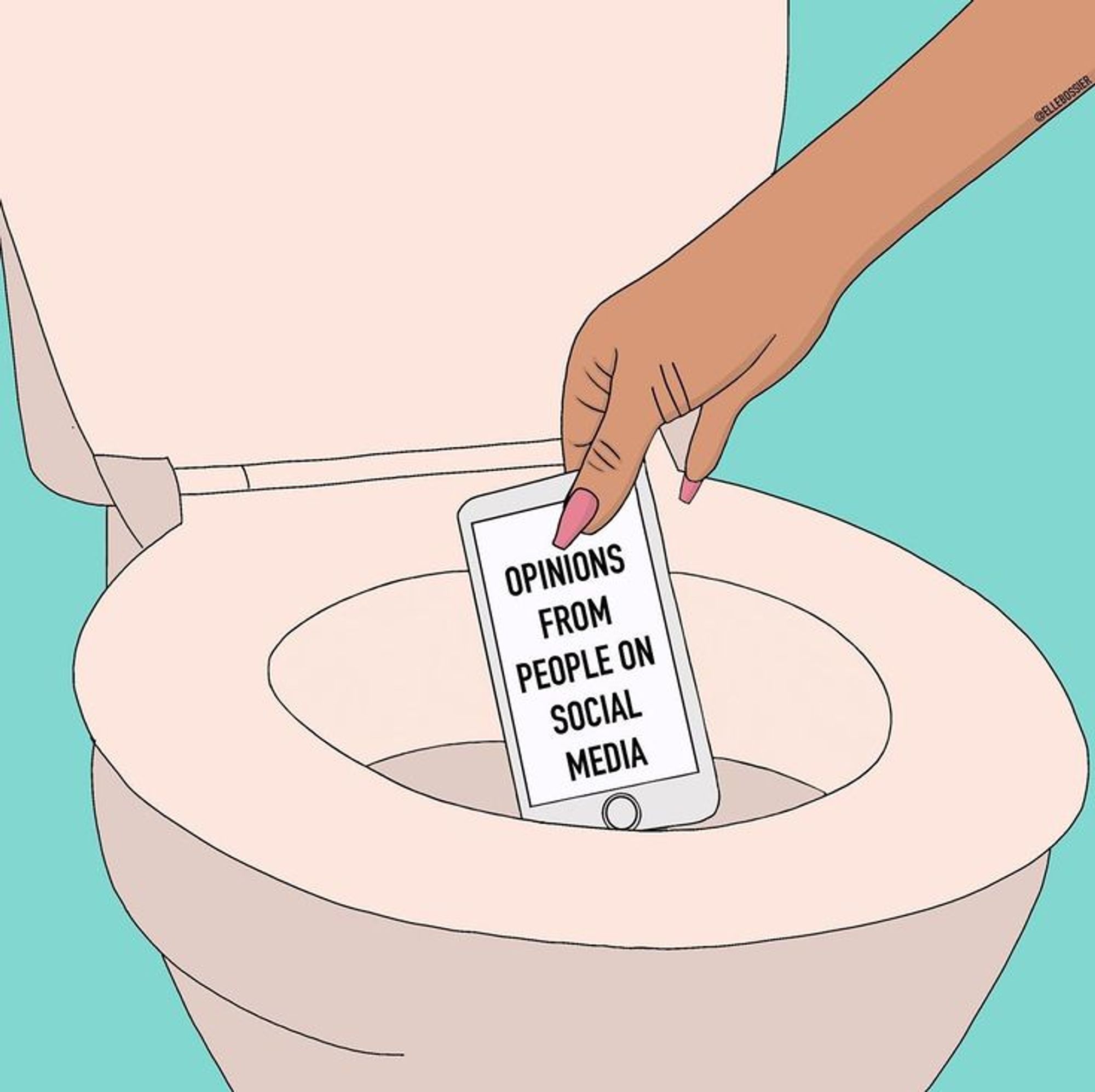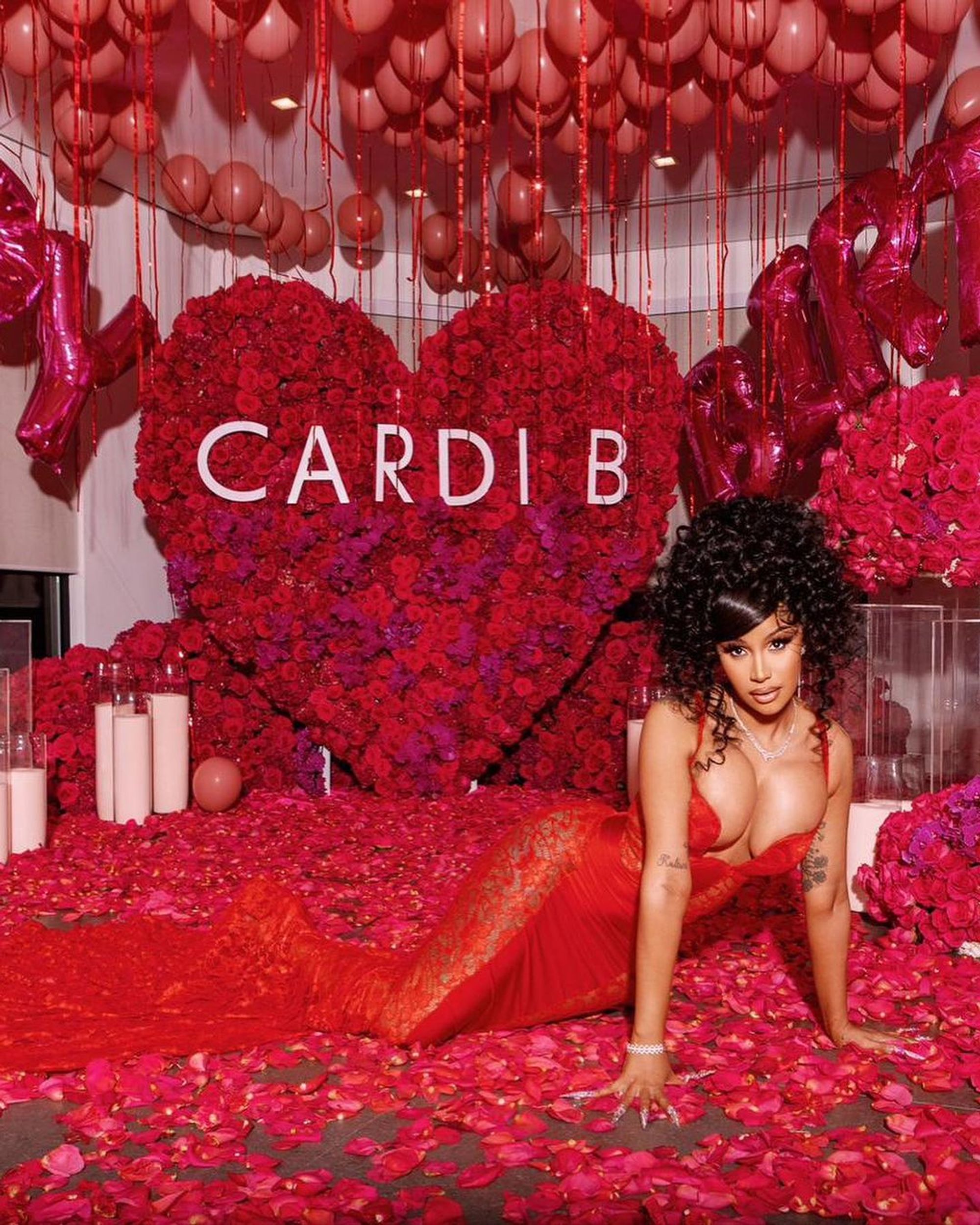Situationships, bites, talking stages, and sneaky links. Gen Z has invented every term to describe a relationship that is not an actual relationship. Scrolling through TikTok, my algorithm has thrown me into the failed relationship side of the platform. From life coaches to single girlies, to random finance bros all giving their unmediated advice on how to find your soul mate, or be in your feminine. Social media has allowed everyone to have a voice, but sometimes those voices seem to drown out reason, because everyone is now an expert on everything.
While scrolling through another girl challenging her partner to peel her orange for her, it suddenly dawned on me that our biggest problem is not each other and our fear of commitment but rather, the internet and social media. Born between 1997 and 2012, Gen Z is the first generation to grow up with the internet, social media, and smartphones as part of our everyday lives. While this has some positives, it also means we are the generation that has borne the brunt of the negative impacts of social media. We are digitally connected but socially disconnected in our personal lives. Social media means that comparison is easier than ever leading to unrealistic expectations, and depression whenever we cannot meet those expectations.We are a less ignorant generation, thus killing all the bliss.
Men used to go to war and write love letters, yet my generational counterparts and I cannot even get a text back. Everything is a hashtag, challenge, or an ick. Love seems undervalued and inaccessible to people, but is still a point of envy for others. Finding a good partner means finally being able to join the “LoveLivesHere” club, but it is not official until the hard launch on the gram yet your partner still has to be a secret just in case he turns out to be someone else’s in which case “small world” might just be a comment under your post. Social media has consumed our generation, and we are in the trenches because of it.


According to CNBC, almost 90% of the world’s population now live in countries with falling marriage rates. In South Africa marriages are becoming less common. Civil marriages fell by 22.5% between 2011 and 2019 and dropped by a further 31% in 2020. The decline in marriages can be attributed to a lot of factors including worsening economic and socio-political climates, Feminism, and independent movements. While these are all valid factors, surely social media and the sheer amount of access we now have is also a reason for the decline in long-term committed relationships.
Social media has become an integral part of our lives, in a good and bad way. Humans are interconnected, and have access to information in a way we have never had before. The actual professionals on TikTok have saved many lives, just by suggesting that a cough might be more than a cough. Communities can be built online, as strangers can become virtual families, and one viral video can change a person’s life overnight. However, one has to beg the question, is our virtual experience limiting the actual human interactions that allowed previous generations to thrive in love and other interpersonal relationships?
So yes, if he wanted to he would, and girls have way too many icks. The bar may be low, but the standard, often set by millionaires and influencers (*cough cough* Cardi B) is way too high for the average Joe. Ultimately, we have to tune out the TikTok girlies, put an end to the limitless scrolling, and position more into forming unbiased authentic relationships, that are not influenced by wherever your algorithm has thrown you today. Love can live here without the tweets or likes to see it.






















































